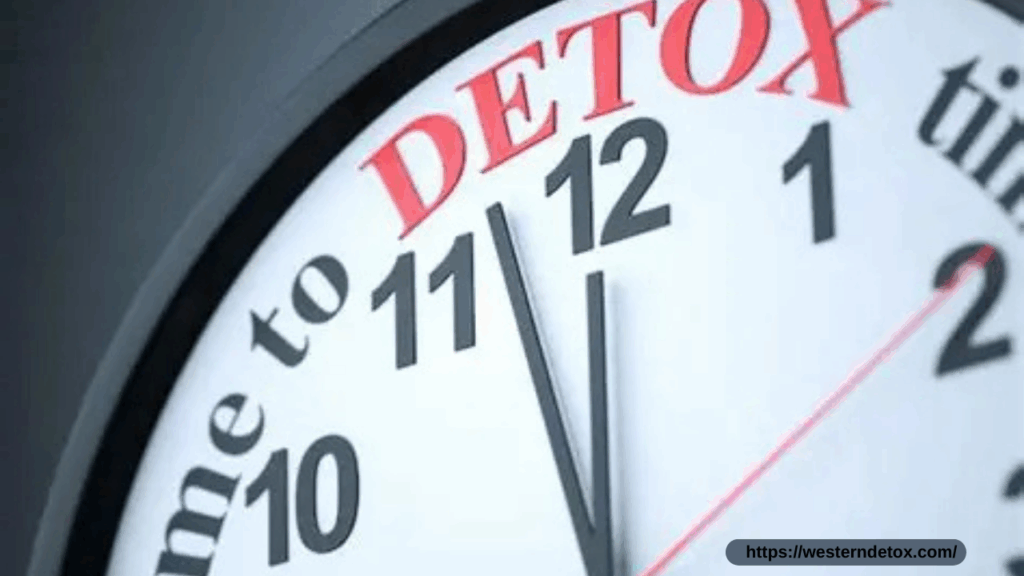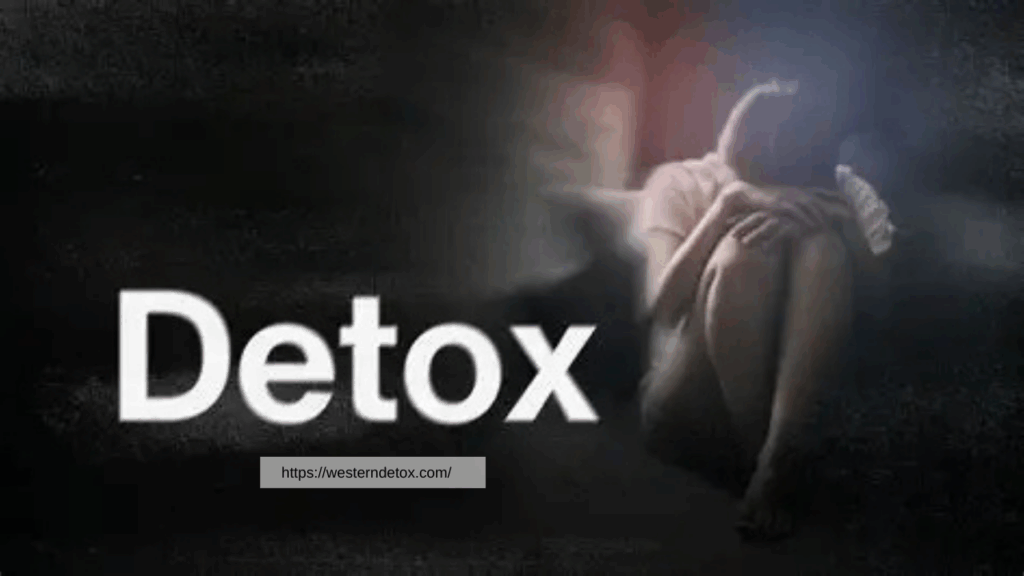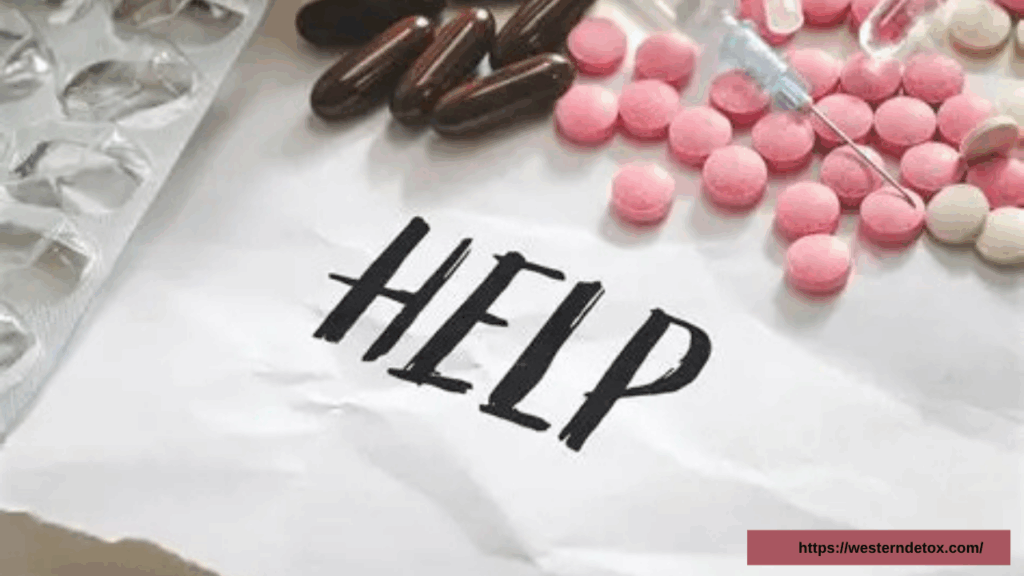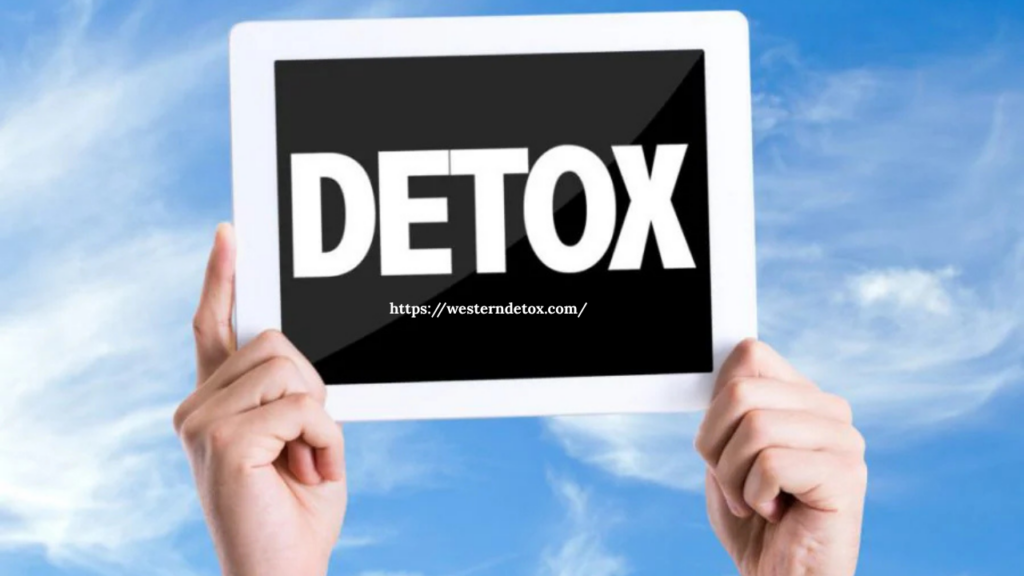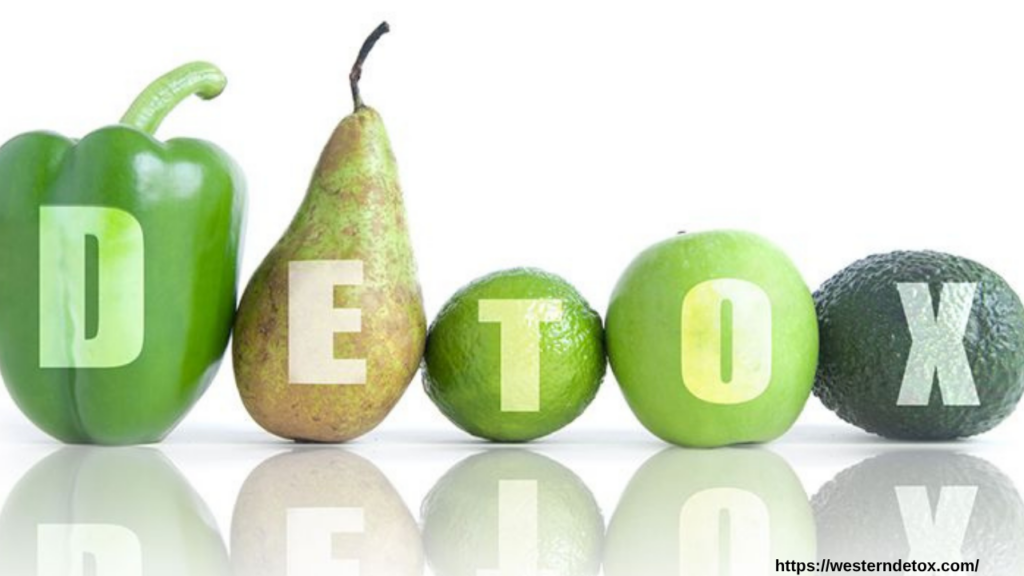
For many individuals struggling with addiction, detox is the first critical step on the road to recovery. Yet in Western Canada, long wait times often prevent people from accessing help when they need it most. Families are left waiting anxiously, and those ready to commit to recovery risk relapse while on hold. The question arises: can stronger partnerships between public and private detox programs help reduce these delays and make treatment more accessible?
The Current Landscape of Detox in Western Canada
Detox services in Western Canada are delivered through both government-funded programs and private facilities. Public programs are accessible at little or no cost, but they are often overwhelmed by demand. Private programs, while more readily available, require out-of-pocket payment or insurance coverage.
This divide creates challenges for individuals and families seeking timely care. While public detox centers work hard to serve as many clients as possible, the need far exceeds capacity. Private programs may have shorter wait times, but not everyone is aware of them or feels able to access these services.
The Pros and Cons of Public Detox Programs
Public detox programs are essential because they provide accessible care for individuals regardless of their financial situation. They are typically integrated with larger healthcare networks and can connect clients to ongoing treatment within the public system.
Strengths of Public Detox
- Low or no direct cost to clients.
- Integration with hospitals and community mental health services.
- Broad reach across provinces.
Limitations of Public Detox
- Long waitlists due to high demand.
- Limited bed availability.
- Less flexibility in program options.
The Pros and Cons of Private Detox Programs
Private detox centers play a vital role in addressing gaps in the system. They often offer more immediate admission, individualized care, and holistic approaches that support both the physical and emotional sides of recovery.
Strengths of Private Detox
- Faster access with reduced or no wait times.
- Personalized treatment plans tailored to each client.
- Holistic and faith-based options that nurture the whole person.
Limitations of Private Detox
- Out-of-pocket costs or reliance on private insurance.
- Less awareness among families that these services exist.
Building Partnerships to Reduce Wait Times
The solution to reducing detox wait times may lie in stronger collaboration between public and private providers. By working together, both systems can maximize resources and ensure no one is left waiting for care.
Shared Referral Pathways
When public facilities are at capacity, they can connect clients with private centers that have available space. This helps individuals begin recovery immediately rather than waiting for an opening.
Cost-Sharing Models
Partnerships between government programs and private facilities can make private detox more affordable. Subsidies or cost-sharing agreements can expand access while alleviating pressure on public programs.
Integrated Continuum of Care
Collaboration ensures that clients move seamlessly from detox into long-term recovery programs. Whether public or private, the focus remains on providing holistic, client-centered care that supports lasting sobriety.
A Compassionate Path Forward
At Western Detox, we believe solutions must be both compassionate and practical. By combining the accessibility of public programs with the flexibility and innovation of private care, Western Canada can move closer to eliminating harmful delays. Every day matters in addiction recovery, and timely access to detox can be the difference between relapse and renewal.
Take the Next Step
If you or a loved one is struggling with addiction, waiting for detox is not the only option. Western Detox provides individualized, holistic, and faith-based programs designed to help you begin recovery today. Reach out to our team and take the first step toward healing and lasting change.



